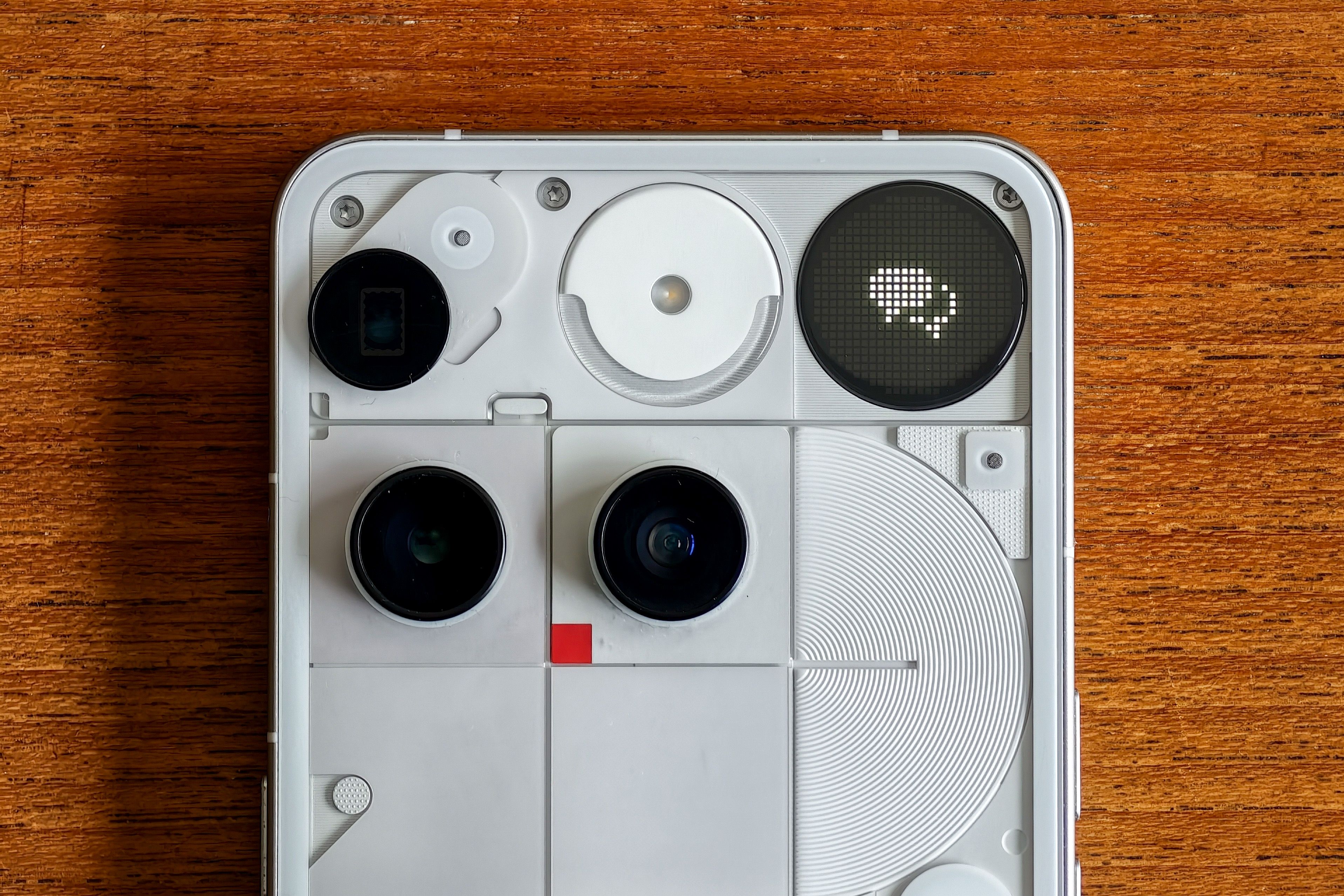London-based Nothing just secured $200 million in funding at a $1.3 billion valuation to develop what CEO Carl Pei calls "AI-native devices" - a bold bet that reimagines how we interact with everything from smartphones to humanoid robots. The funding round signals Nothing's pivot from stylish Android phones to building an entirely new operating system designed for an AI-first world, with the first devices launching next year.
Nothing just threw down the gauntlet in the AI hardware race. The London-based startup that made waves with its transparent smartphones has raised $200 million at a $1.3 billion valuation, but this isn't about prettier phones - it's about rebuilding the entire foundation of how devices think and respond to us. CEO Carl Pei's latest manifesto reads like a declaration of war against today's operating systems. "We're building the foundations for the future," Pei told investors, promising an "AI OS" that delivers "hyper-personalized experiences" across everything from headphones to humanoid robots. The timing isn't coincidental - this funding comes as the entire tech industry scrambles to figure out what AI hardware actually looks like beyond chatbots on existing devices. What's particularly bold about Nothing's vision is the scope. This isn't just about making Siri smarter or adding AI features to Android. Pei's talking about a complete platform that will run "whatever comes next" - smart glasses, electric vehicles, and yes, humanoid robots. It's the kind of sweeping technical ambition that either creates the next computing platform or becomes a very expensive lesson in overreach. The irony? Just last October, Pei was telling TechCrunch that "AI is just a tool" and pushing back against calling Nothing OS an AI operating system. Now he's positioning the company as the future of AI-native computing. That kind of pivot shows how quickly the landscape has shifted - and how much pressure there is to claim AI leadership. Nothing's challenge isn't just technical, it's market reality. AI hardware has been a graveyard for ambitious startups and tech giants alike. Remember the Humane AI Pin? Or Rabbit's R1? Even Apple has struggled to articulate what AI means for hardware beyond better Siri responses. The consumer appetite for AI-first devices remains largely theoretical. What Nothing does have is distribution and brand recognition in the premium Android space. "Owning the last-mile distribution point with all its contextual and user knowledge is essential," Pei explained in the funding announcement. Translation: they already know how to get devices into people's hands and collect the usage data that makes AI personal. But the competition is fierce and well-funded. Former Apple designer Jony Ive is working with on what's being called a , while tech giants pour billions into their own AI hardware experiments. Nothing's betting that being smaller and more focused will let them move faster than the incumbents. The technical questions are huge. Building an operating system from scratch is incredibly complex - just ask anyone who tried to challenge iOS and Android in the smartphone era. Nothing hasn't clarified whether this AI OS builds on Android like their current Nothing OS, or represents a complete departure from existing platforms. That architectural decision will determine everything from app compatibility to developer adoption. Nothing plans to ship its first AI-native devices in 2026, which gives them roughly 18 months to go from concept to consumer product. That's an aggressive timeline for any hardware company, let alone one trying to reinvent the entire software stack underneath. The $200 million should help, but hardware development burns cash fast, especially when you're also building an operating system and trying to scale manufacturing. Industry watchers are skeptical but intrigued. The AI hardware category desperately needs a success story to prove it's more than just hype and broken promises. Nothing's track record with distinctive design and premium positioning gives them credibility, but this is a much bigger technical and market bet than anything they've attempted.


